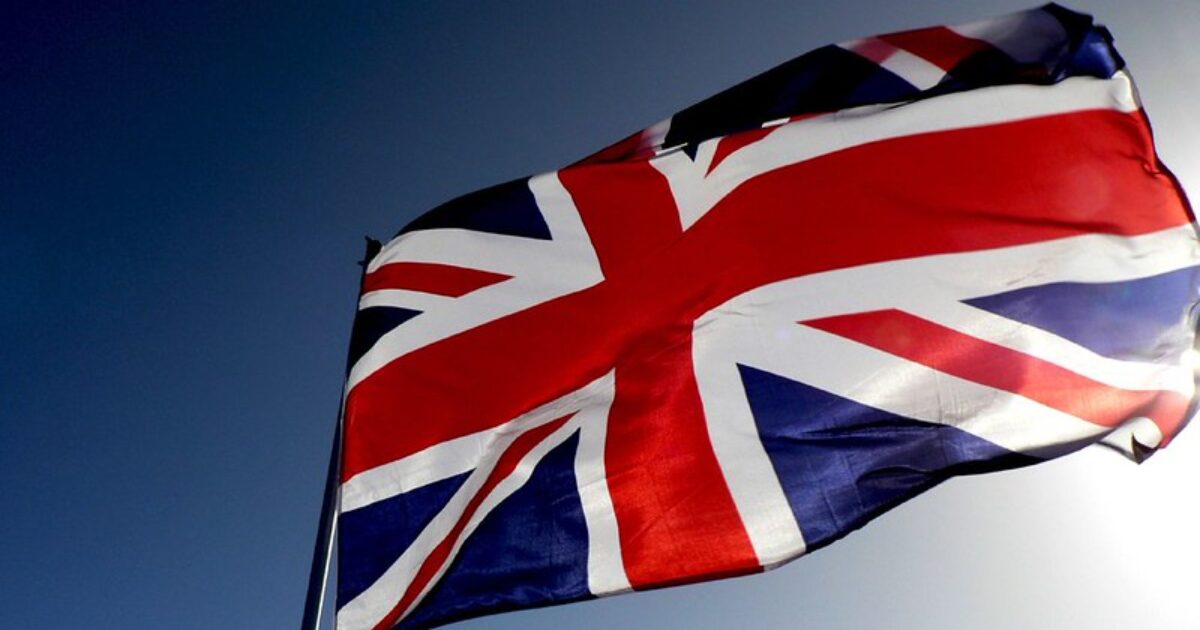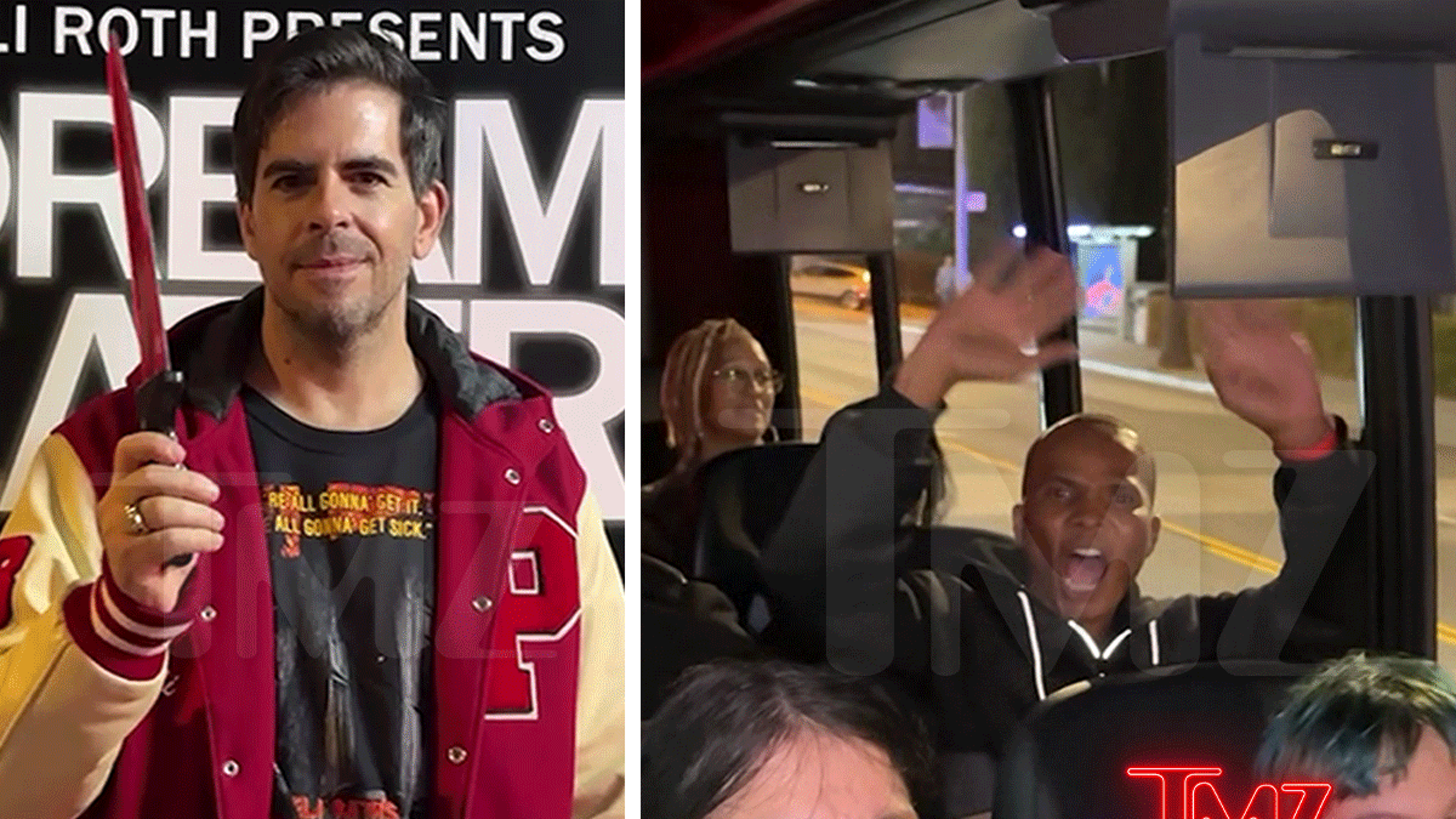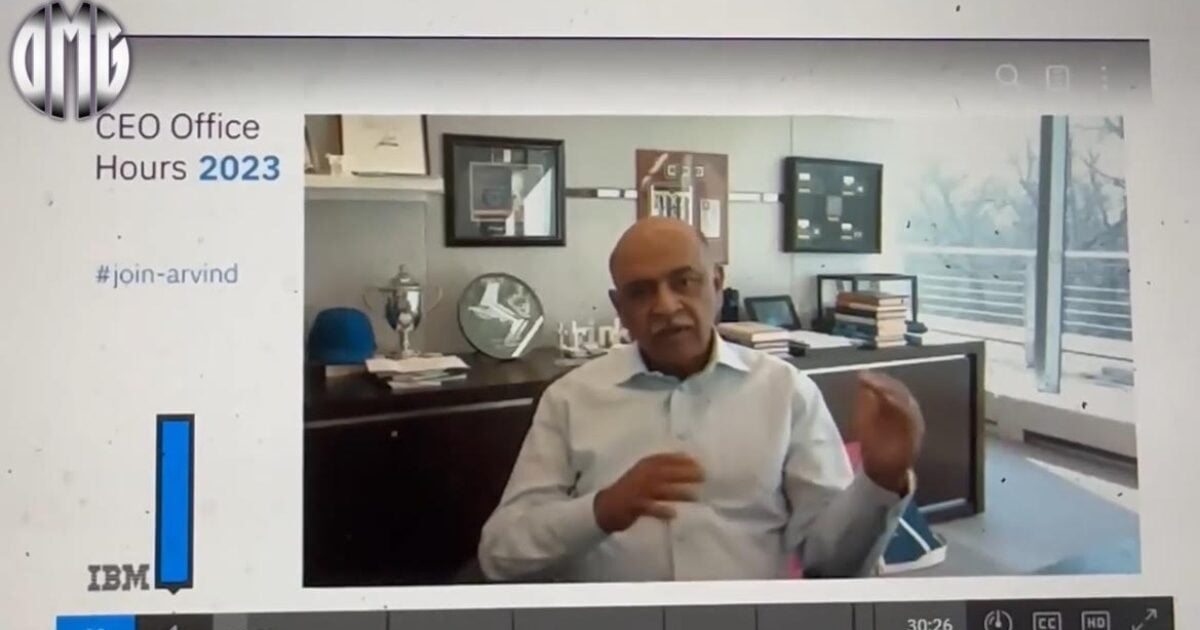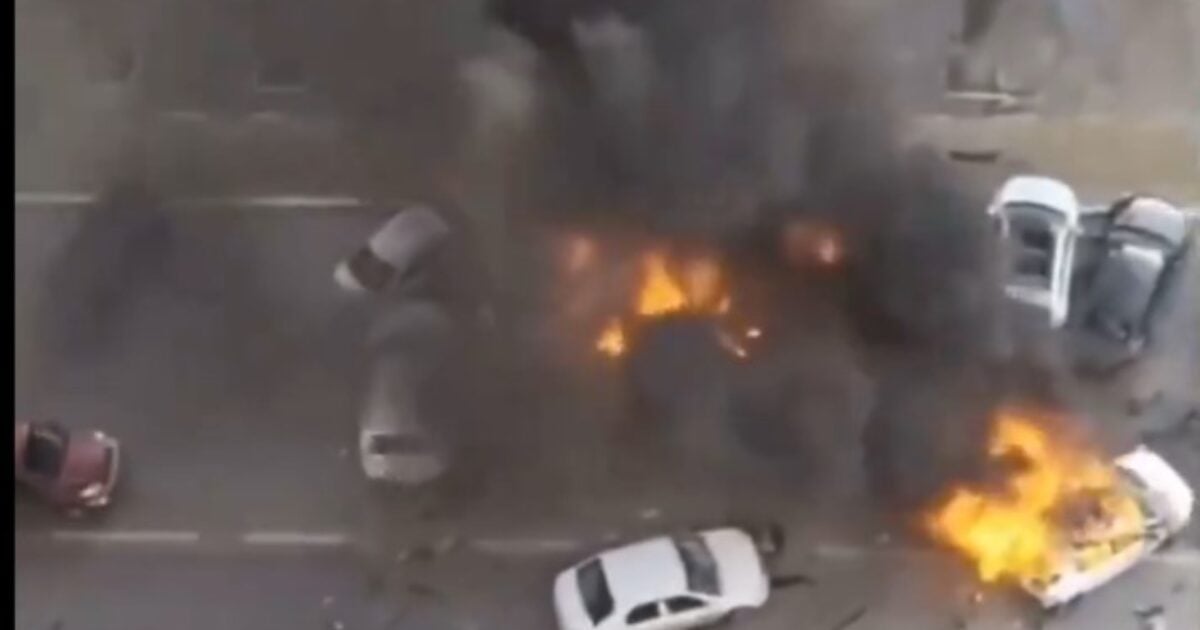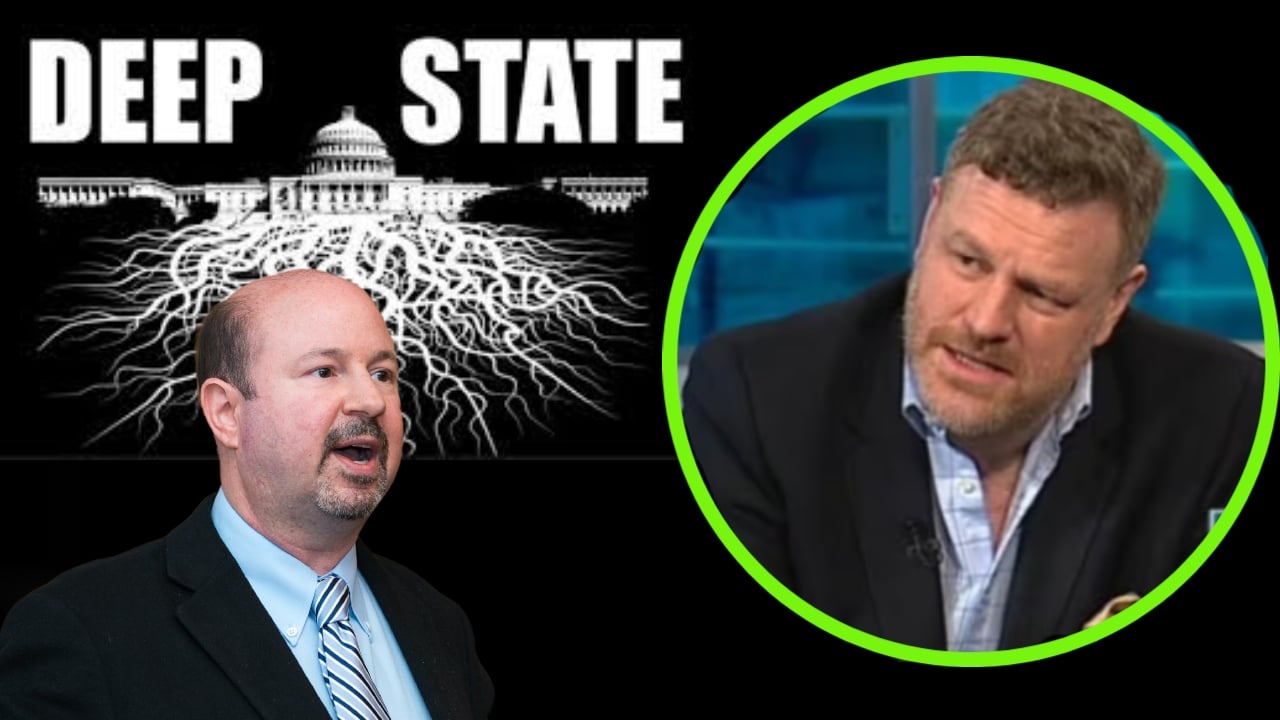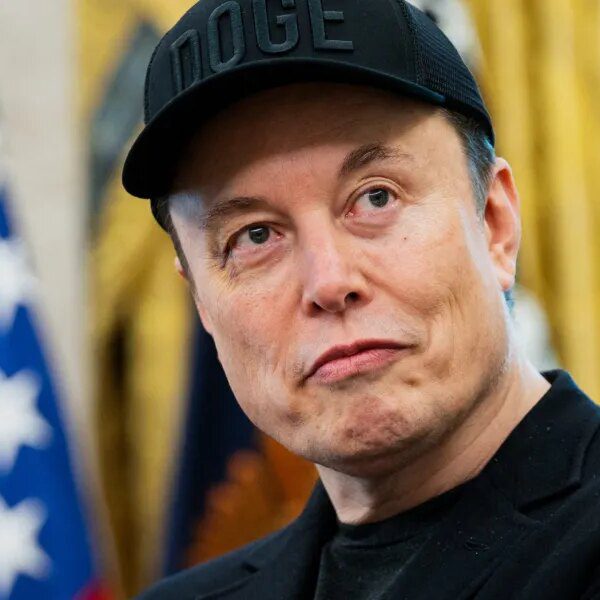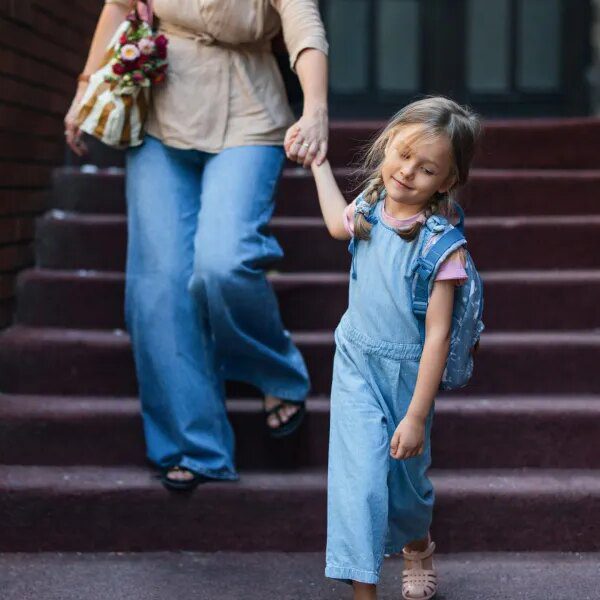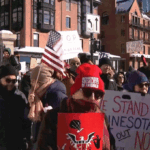Inquiry Stalls Amid Growing Tensions
The UK’s first statutory inquiry into grooming gangs (Muslim rape gangs that have blighted Britain for decades), launched by Prime Minister Keir Starmer in June 2025, is facing significant challenges just months after its announcement.
Intended to investigate over 800 dropped cases of child sexual exploitation, the probe has been disrupted by the departure of four (possibly five) survivors from its oversight panel, the withdrawal of two chair candidates, and allegations of a cover-up in London.
Calls for Safeguarding Minister Jess Phillips MP to resign have added pressure to a Labour government already grappling with internal issues.
For U.S. readers, the situation recalls cases like Jeffrey Epstein’s, where institutional failures left vulnerable children unprotected, raising questions about whether political sensitivities—here, around Islamophobia—could mirror America’s own struggles with accountability in border or urban communities.
London Cover-Up Allegations Surface
On Monday, October 20, the Daily Express reported that London Mayor Sadiq Khan reviewed evidence of girls as young as 13 being raped by groups in hotels but claimed no such grooming gangs existed in the city.
The report cited four Inspectorate of Constabulary documents from 2016–2025, identifying six victims abused in patterns similar to Rotherham.

Whistleblower Maggie Oliver, whose advocacy since exposing Rochdale’s abuses in 2012 has raised over £500,000 for survivors through her foundation, flagged three cases as clear grooming indicators, accusing Khan of ignoring evidence as Police and Crime Commissioner.
In January 2025, Conservative Assembly Member Susan Hall pressed Khan nine times on grooming gangs, only for him to deflect, asking, “What do you mean?”—a response critics linked to fears of Islamophobia accusations, given the predominance of Pakistani-Muslim perpetrators in all cases. .
Back in 2020, UKIP’s David Kurten faced similar resistance when questioning Khan, with his queries shut down as prejudiced. UKIP’s FOI requests to London councils also revealed denials of organized abuse in areas like Tower Hamlets, often attributed to avoiding “racism” labels.
Shadow Home Secretary Chris Philp called Khan’s stance “shameful,” while Reform UK’s Belinda de Lucy demanded his resignation. Khan’s office emphasized £15.6 million in child safety funding, but critics, including GB News, highlighted a “two-tier” justice system.
Metropolitan Police Commissioner Sir Mark Rowley admitted on Tuesday to a “significant number” of grooming investigations, contradicting Khan’s denials and exposing mixed messaging that some attribute to sensitivities over the Muslim identity of both Khan and many perpetrators.
This resonates in the U.S., where sanctuary city policies could risk similar oversight if child exploitation is downplayed to avoid cultural and religious backlash.
Survivors Exit, Citing Betrayal
On Monday, survivors Fiona Goddard (Bradford) and Ellie-Ann Reynolds (Rotherham) left the Victims and Survivors Liaison Panel, criticizing a “toxic” and “condescending” environment.
They, along with “Elizabeth” (Rotherham) and “Jess” (Kirklees), issued a joint letter to the Muslim Home Secretary Shabana Mahmood, decrying a “betrayal that has destroyed what little trust remained.”

Their concerns centered on the inquiry’s shift from “street grooming gangs” to broader “group-based child sexual exploitation,” which they argued diluted focus on the ethnic and religious patterns—largely Muslim-Pakistani networks—seen in Rotherham (1,400 victims) and Rochdale. T
hey feared this echoed the Independent Inquiry into Child Sexual Abuse (IICSA’s) failure to prioritize grooming victims and pointed to lobbying by figures like Tracy Brabin for a wider scope.By Wednesday, Gaia Cooper, abused at 14, also stepped down, citing insufficient support and political interference.
Leadership Search Falters
The inquiry’s leadership crisis worsened as Annie Hudson, former Lambeth director, and Jim Gamble, ex-Child Exploitation and Online Protection head, withdrew as chair candidates on Tuesday and Wednesday, citing a “toxic” climate and distrust in institutional figures. Senior judges also declined, wary of unheeded IICSA findings. The Home Office now faces delays, with survivors pushing for a judge-led probe. Elon Musk’s January 2025 X posts, which pressured Starmer’s U-turn, highlight parallels to U.S. free speech battles over suppressed truths.
Pressure Mounts on Safeguarding Minister Jess Phillips MP
The four survivors’ joint letter demanded Phillips’s (Safeguarding and Violence Against Women and Girls Minister) resignation, citing her dismissal of their concerns as “untrue” despite leaked NWG emails suggesting a broader scope. Goddard called it a “blatant lie,” and Reynolds labeled Phillips “unfit.”
Former Labour minister Tony McNulty and Conservative Chris Philp echoed calls for her removal. However, five other panel survivors—none from grooming gangs—defended Phillips as an advocate.
Sir Keir Starmer supported Phillips at Prime Minister’s Questions (PMQs), promising focus on “cultural or religious issues,” but X posts from survivors like @officialsammyuk decried Labour’s “gaslighting.”
Mahmood, the first Muslim Home Secretary, faces scrutiny over whether her background influences the probe’s hesitancy to address religious factors, though she acknowledges the role of Asian men in such crimes.
Echoes of Past Failures
The crisis mirrors stalled local inquiries: Rotherham’s 2014 Jay Report led to convictions but little reform; Telford’s 2022 probe (1,000+ victims) and Oldham’s remain mired in bureaucracy and ethnic sensitivities.
As Mahmood and Baroness Louise Casey work to salvage the inquiry, its future hangs in balance. For Labour, this is a critical test. For survivors and Americans watching, it’s a reminder that institutional failures, from Rotherham to Epstein’s island, demand unflinching accountability.

